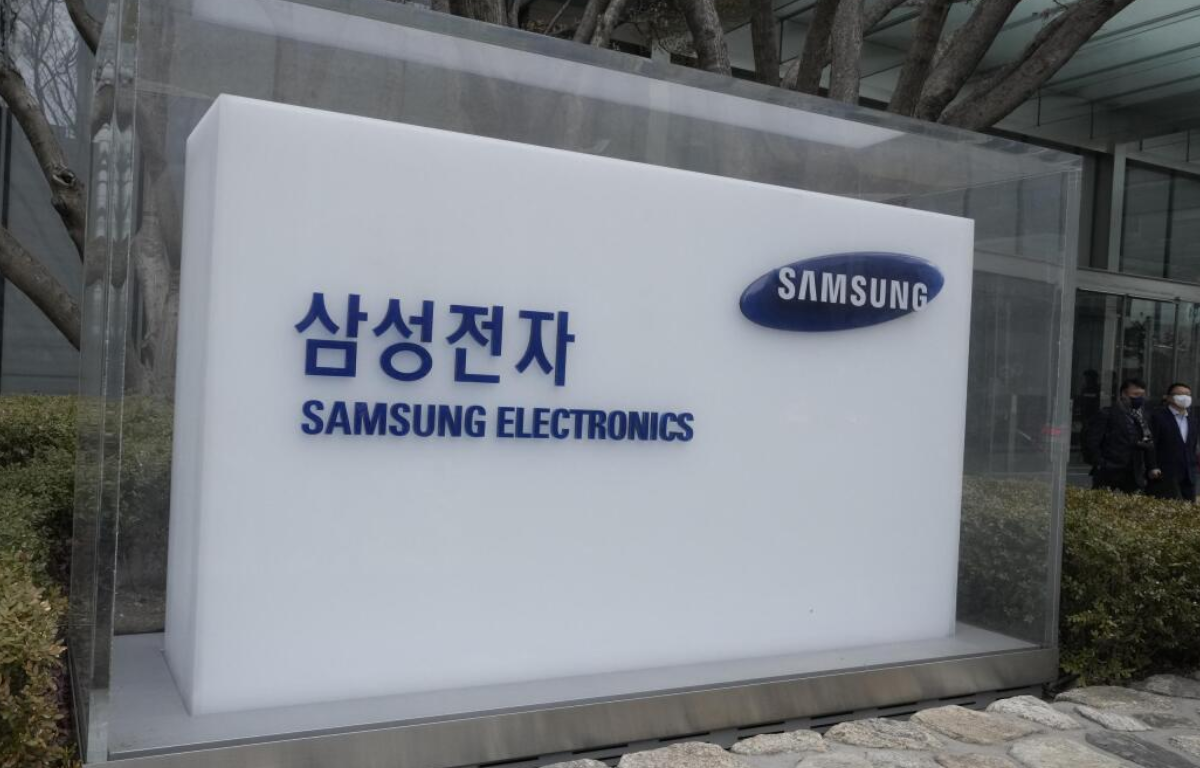
The Artemis program has the potential to serve as a platform for international cooperation, transcending geopolitical boundaries. The participation of various countries in Artemis missions creates opportunities to foster global alliances. These partnerships can strengthen diplomatic ties and encourage countries to work together on common goals, including scientific research, technology development, and the advancement of space capabilities. By collaborating with international partners, the U.S. can demonstrate its commitment to peaceful exploration and diplomacy, setting a positive example for global cooperation.
The Artemis program’s technological advancements have far-reaching implications for various industries on Earth. The research and development required for space travel often lead to the creation of cutting-edge technologies with applications beyond space exploration. As the U.S. invests in developing new propulsion systems, habitats, and life support technologies, the resulting innovations could contribute to economic growth and job creation. Moreover, these advancements can bolster America’s position as a global technological leader, attracting talent and investment from around the world.
Soft power refers to a country’s ability to influence others through attraction, culture, and values, rather than coercion. The Artemis program offers the United States a powerful tool for enhancing its soft power on the global stage. By showcasing its commitment to scientific discovery and space exploration, the U.S. can inspire admiration and respect from other nations. This positive image can counterbalance negative perceptions that may arise from other geopolitical activities, strengthening the U.S.’s overall diplomatic posture.
China’s rapid advancements in space technology and its ambitious space programs, such as the Chang’e lunar missions and the Tiangong space station, have raised concerns among American policymakers. The Artemis program, with its focus on returning humans to the Moon and establishing a sustainable lunar presence, can be seen as a strategic response to China’s expanding space capabilities. By maintaining a competitive edge in space exploration, the U.S. can prevent any single nation from gaining unchecked dominance in this critical domain.
NASA’s commitment to the peaceful use of outer space and adherence to international treaties sets a standard for responsible behavior in space exploration. The Artemis program’s emphasis on cooperation, transparency, and respect for celestial bodies sets an example for others, including China. As the U.S. engages in peaceful exploration and international collaboration, it promotes a vision of space exploration that encourages responsible behavior and adherence to international norms.
The Artemis program’s significance extends beyond its scientific and technological achievements. It has the potential to strengthen global alliances, showcase American leadership and values, and indirectly impact the dynamics of competition with China in space exploration. By emphasizing cooperation, innovation, and the peaceful use of outer space, the U.S. can contribute to a future where space benefits all of humanity, transcending geopolitical rivalries. The Artemis program not only propels us toward new frontiers in space but also highlights the transformative power of international collaboration and forward-looking diplomacy.










Share this: